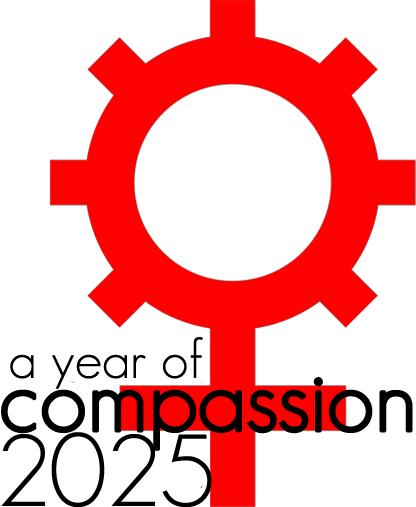A significant source of stress we have in our busy, western lives is the volume of ‘stuff’ we try to pack into our days. What is the relationship between the quantity of activity and the quality of enjoyment? It is often negative beyond a certain threshold, but it doesn’t need to be this way. One definition of Zen is to live an exciting life while being entirely in the present. All of us, regardless of age or profession, can achieve a Zen life. Thus, we are led to the crucial question: What does it mean to be in the present?
To be present is to have an awareness of your environment in a non-judgmental capacity. If we begin to judge things, we lose awareness of our environment because we begin to analyze one topic or subject. We process information linearly, just as you read this from left to right, one line at a time. We think one word at a time, and our eyes move around and focus on one subject at a time. If you were to unfocus your eyes in a general direction, you could trade details of a singular object for awareness of a greater area. Being present is learning how to unfocus our attention, thoughts, and emotions away from singular subjects so we can regain awareness of a greater environment.
Developing a practice of letting go by itself will open up pathways toward empathy, patience, compassion, and more! The less we choose to react to a ‘blip’ entering our linear scanning system, the better we tend to be over time, especially since there will be ‘blips’ we will need to react to and will consume some of the resources we have that day. Another benefit of being present is we spend less time worrying about future events. The more we move our attention, our linear scanning system, to the uncontrollable future, the worse we become as we consume mental and emotional resources on things that may or may not happen instead of what is happening now. If you consume all of your resources dreading tomorrow, you will fail today, and in the end, there is no tomorrow; there is only now.
Being present is more than something entering our attention span and us choosing not to focus on it with judgments or analysis. Being present is more than stopping to breathe and smile when something pleasant triggers our senses or passes us by. Being present is more than maintaining an awareness of our environment; it is the understanding we are the environment. We do not end at the skin. The world around you is not a foreign, alien, world and you co-exist with it. You and the environment are the same; you cannot find flowers without bees and rain.
Try to describe someone without describing their environment. The person proud of their heritage? The Inner-city person fighting to break cycles of poverty and opportunity? The rural person fighting to break cycles of poverty and opportunity? The immigrant fleeing violence and repression? We do not end at our skin, but we often behave as if we do. We treat the environment around us differently than we treat ourselves, and we do not understand the impact it has on us and others. Such is true on small scales like our personal spaces and massive scales like industrial pollution.
One of the most popular meditation practices is the ‘Body Scan Meditation.’ It is as straightforward as it sounds: you close your eyes and go through your body, top to bottom and bottom to top, checking in on yourself. ‘How do I feel?’ ‘Is something out of sorts?’ The Body Scan Meditation is a fantastic practice, and I encourage everyone to begin/continue it. However, since we do not end at the skin, I would suggest also adapting the practice occasionally to ‘The Environment Scan Meditation.’ How is your space feeling? Is the environment feeling ok? Maybe it could use a little tidying up or a minor re-organization. Perhaps it could use a little appreciation, a quiet ‘thank you for your service.’ It may feel odd to thank inanimate objects at first, but practicing gratitude is self-fulfilling, and taking care of things that take care of you is rarely a bad practice.
As with most things, Moderation is the key. No one, least of all me, is suggesting we need to keep ourselves and, by extension, the environment in museum-level cleanliness. However, by developing the understanding that we and the world around us aren’t two distinct entities, we can develop our compassion further. Some of us have an easier time being compassionate toward ourselves, and some of us toward others. Since they are both one and the same we can use that to develop our practice.
By being present and developing our practice of compassion, we can move toward the goal of that Zen Life – an exciting life while being entirely in the present. We can choose when to react when a ‘blip’ enters our linear scanning system known as attention; we can let go of worrying about things that aren’t happening here and now so much. We can organically take care of ourselves and our environment because not only do we understand they are the same, but we genuinely care. It is a practice; it takes time to develop, and we will be imperfect. There will be days we won’t have the resources to do it properly, but little by little, we can improve. You are worth it.
